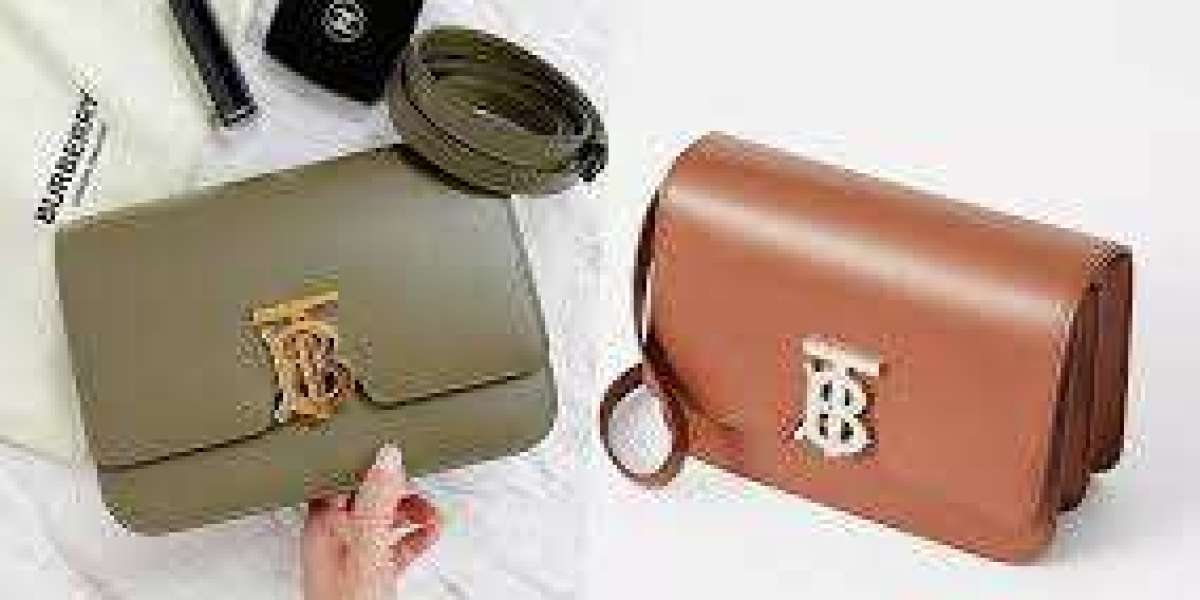For many, getting braces feels like stepping into a new chapter of life—one filled with metal wires, colorful bands, and, let’s be honest, a little apprehension. Yet, behind those brackets are stories that are less about discomfort and more about transformation, confidence, and self-discovery.
In 2025, dental braces aren’t just for teens. Adults, young professionals, and even seniors are choosing to realign their teeth and improve their oral health. But the biggest shift isn’t just physical—it’s emotional. Let’s dive into the human side of dental braces, featuring the personal journeys of people who’ve discovered that sometimes, a little hardware can lead to a lot of heart.
Maya’s Journey: Braces at 34
Maya had always dreamed of a straighter smile, but growing up in a modest family, braces were never in the budget. Fast forward to her mid-30s, a stable job, and a flexible schedule—she decided it was time. “I was worried about how I’d look in meetings,” Maya admits. “But once I got them on, I realized no one cared. If anything, people were curious and supportive.”
Maya’s story is one of perseverance. She found that her braces became a conversation starter at work. “I’d get comments like, ‘I didn’t know adults could get braces,’ or ‘Good for you!’” she says. “It gave me a confidence boost I didn’t expect.” Now, nearing the end of her treatment, she smiles not just because her teeth look better, but because she feels she’s finally done something for herself.
Ethan’s High School Struggles Turned Triumph
For Ethan, braces were a mixed bag. Starting his orthodontic journey at 15, he was already self-conscious about his appearance. “I thought I’d be the ‘metal mouth’ in every photo,” he remembers. But as time passed, Ethan realized that braces weren’t a burden—they were a badge of self-care.
His orthodontist encouraged him to choose colored bands for his braces, which turned into a creative outlet. “I matched them to my school colors, to holidays, even my favorite sports teams,” Ethan laughs. This small act helped him embrace the experience rather than dread it.
By the time his braces came off, Ethan wasn’t just thrilled with his straight teeth. He also noticed how much more comfortable he felt in his own skin. “It wasn’t just about my teeth looking better,” he reflects. “It was about me learning to smile—literally and figuratively.”
Lena’s Unexpected Confidence Boost
At 48, Lena was skeptical about getting braces. “Aren’t I too old for this?” she asked her dentist. But after seeing her own children complete their orthodontic treatments, she reconsidered. “If they could do it with such grace, why couldn’t I?”
Lena’s journey wasn’t without its challenges—she had to adjust to speaking with braces and deal with some initial discomfort. But what surprised her was how the process made her feel empowered. “I felt like I was reclaiming a part of myself,” she says. “It wasn’t just about straight teeth. It was about showing myself that change is possible at any age.”
Her family and friends were supportive, often complimenting her commitment. Now, a year into her braces journey, Lena says her self-confidence has never been higher. “When I look in the mirror, I see someone who’s not afraid to invest in themselves,” she smiles.
The Takeaway: More Than Just Teeth
Braces might seem like a purely cosmetic choice, but they often unlock something much deeper. They remind us of the importance of self-care, resilience, and the courage to embrace change. Whether you’re 15 or 50, choosing to improve your smile isn’t vanity—it’s a statement of self-worth.
In 2025, the stigma around braces is fading fast. With advances in orthodontic technology—like clear aligners, faster treatments, and more affordable options—more people than ever are taking the leap. But the real story isn’t in the brackets and wires. It’s in the faces of those who wear them, and the quiet, steady confidence that grows with every smile.
For many, getting braces feels like stepping into a new chapter of life—one filled with metal wires, colorful bands, and, let’s be honest, a little apprehension. Yet, behind those brackets are stories that are less about discomfort and more about transformation, confidence, and self-discovery.
In 2025, dental braces aren’t just for teens. Adults, young professionals, and even seniors are choosing to realign their teeth and improve their oral health. But the biggest shift isn’t just physical—it’s emotional. Let’s dive into the human side of dental braces, featuring the personal journeys of people who’ve discovered that sometimes, a little hardware can lead to a lot of heart.
Maya’s Journey: Braces at 34
Maya had always dreamed of a straighter smile, but growing up in a modest family, braces were never in the budget. Fast forward to her mid-30s, a stable job, and a flexible schedule—she decided it was time. “I was worried about how I’d look in meetings,” Maya admits. “But once I got them on, I realized no one cared. If anything, people were curious and supportive.”
Maya’s story is one of perseverance. She found that her braces became a conversation starter at work. “I’d get comments like, ‘I didn’t know adults could get braces,’ or ‘Good for you!’” she says. “It gave me a confidence boost I didn’t expect.” Now, nearing the end of her treatment, she smiles not just because her teeth look better, but because she feels she’s finally done something for herself.
Ethan’s High School Struggles Turned Triumph
For Ethan, braces were a mixed bag. Starting his orthodontic journey at 15, he was already self-conscious about his appearance. “I thought I’d be the ‘metal mouth’ in every photo,” he remembers. But as time passed, Ethan realized that braces weren’t a burden—they were a badge of self-care.
His orthodontist encouraged him to choose colored bands for his braces, which turned into a creative outlet. “I matched them to my school colors, to holidays, even my favorite sports teams,” Ethan laughs. This small act helped him embrace the experience rather than dread it.
By the time his braces came off, Ethan wasn’t just thrilled with his straight teeth. He also noticed how much more comfortable he felt in his own skin. “It wasn’t just about my teeth looking better,” he reflects. “It was about me learning to smile—literally and figuratively.”
Lena’s Unexpected Confidence Boost
At 48, Lena was skeptical about getting braces. “Aren’t I too old for this?” she asked her dentist. But after seeing her own children complete their orthodontic treatments, she reconsidered. “If they could do it with such grace, why couldn’t I?”
Lena’s journey wasn’t without its challenges—she had to adjust to speaking with braces and deal with some initial discomfort. But what surprised her was how the process made her feel empowered. “I felt like I was reclaiming a part of myself,” she says. “It wasn’t just about straight teeth. It was about showing myself that change is possible at any age.”
Her family and friends were supportive, often complimenting her commitment. Now, a year into her braces journey, Lena says her self-confidence has never been higher. “When I look in the mirror, I see someone who’s not afraid to invest in themselves,” she smiles.
The Takeaway: More Than Just Teeth
Braces might seem like a purely cosmetic choice, but they often unlock something much deeper. They remind us of the importance of self-care, resilience, and the courage to embrace change. Whether you’re 15 or 50, choosing to improve your smile isn’t vanity—it’s a statement of self-worth.
In 2025, the stigma around braces is fading fast. With advances in orthodontic technology—like clear aligners, faster treatments, and more affordable options—more people than ever are taking the leap. But the real story isn’t in the brackets and wires. It’s in the faces of those who wear them, and the quiet, steady confidence that grows with every smile.



